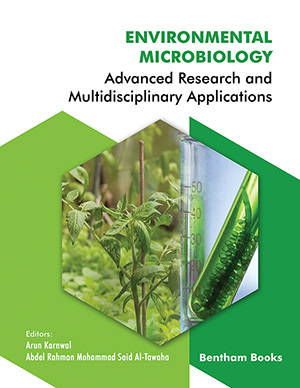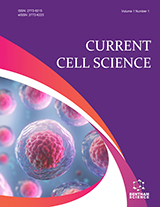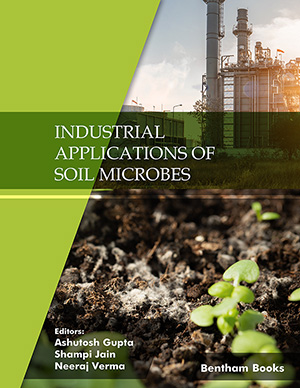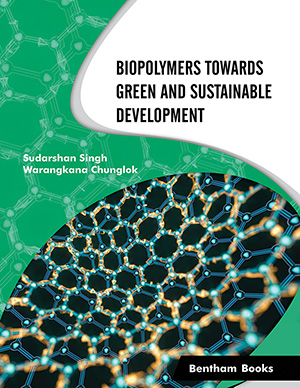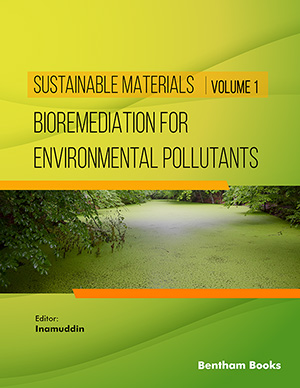Abstract
Nutrient cycling is an important environmental process and has been the
focus of ecological research. Nutrient cycling refers to the sufficient supply of key
elements provided through the ecological processes within and between various biotic
or abiotic components of a cell, community, or ecosystem. Nutrient cycling also
includes the recovery and reuse of industrial, agricultural, and municipal organic debris
that are considered wastes. Nutrient cycles include biotic and abiotic components
involved in biological, geological, and chemical processes known as biogeochemical
cycles. Changes occurring in such cycles may indicate or even alter the functioning of
the ecosystem. Plants take up soil nutrients in terrestrial ecosystems for healthy growth
and development, wherein soil acts as a nutrient reservoir. Nutrients are lost from such
sites due to soil erosion, denitrification, and food production, which cause reduced
availability of nutrients. Therefore, analyzing nutrients’ assimilation, transport through
biota, and their release for subsequent re-assimilation is mandatory. Nutrients to be
recycled essentially for the survival of organisms include macronutrients (C, O, H, N,
K, P, Ca, Mg, S, and Cl) and micronutrients (Fe, Mn, Mo, Cu, Zn, Bo, Ni, Co, Na, Se,
and I). This chapter presents the role of nutrients and nutrient cycling for
environmental sustainability
Keywords: Anthropogenic Activities, Automobile Emissions, Ammonification, Available Nutrients, Biogeochemical Cycles, Deforestation, Denitrification, Eutrophication, Fossil Fuel, Global Warming, Industrial Wastes, Micro-Nutrients, Macronutrients, Nitrification, Nutrient Cycling, Nutrient inputs, Organic Matter, Soil erosion, Synthetic Fertilizers, Vermicompost.


